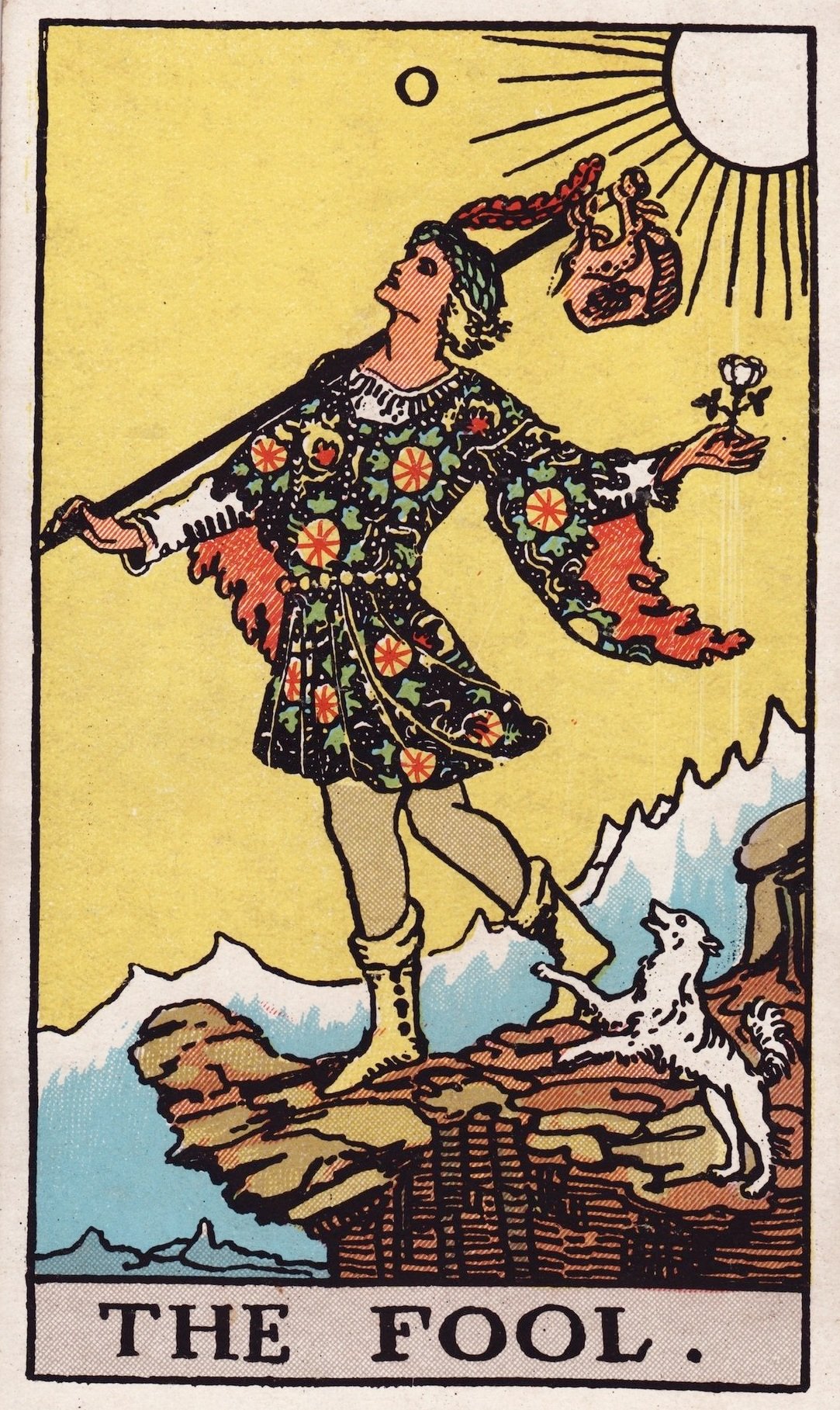The Secret That Can’t Be Told: On Terence McKenna’s Style
Of the psychedelic experience Terence McKenna spoke at great length. In fact, he never stopped speaking. In talk after talk he would speak eloquently and with incredible literacy and stand-up comedy, about this most strange of strange and unspeakable antipodes. In countless audio recordings, found throughout youtube and spotify, you can re-hear his-gift-of-the-gab, as he enthralls his audience, while he himself is clearly getting high on the lofty trajectories of his own metaphors. It’s like he’s surprising himself with his extemporaneous pole-vaulting into the extreme end of metaphysical speculation. No talk is ever the same. He is filled with the holy spirit and makes bonkers claim after bonkers claim. The most zonked you can get and yet totally convincing; or at least eminently listenable, and bearing the stamp of some kind of veracity; if not direct revelation.
In this regard he has a strong resemblance to the speaking style of Jaques Lacan; extremely high literacy, potent abstraction, endless riffing; speed, agility, humor and just the right mixture of lucidity and mystification.
And yet, paradoxically, both of these speakers will admit, regularly, that they are speaking about what, properly speaking, can’t be spoken of. They both speak right at the edge of sense, if not well past it, in cryptic utterances and delphic koans. That McKenna’s secret was actually illegal is more to the point. This runs up against a basic enigma that one finds throughout the esoteric tradition, most succinctly summed up by the Dao De Ching: those who know do not talk, those who talk do not know. The truth is, as McKenna would say, unenglishable; and probably unfrenchable too. It is the secret that can’t be told; a radical solitude. You have to find out for yourself. Add to that a strong dash of illegality—or heresy if you prefer—and you have as good a definition of the esoteric as you are liable to find. So then why, pray tell, did these two esoteracists, McKenna/Lacan, feel the need to talk so much? To be so goddamn voluble, so exoteric?
Hermes Trismegistus, trickster god of the message and the secret, of borders and of passage, and symbolized today by Nike tennis shoes and Red Bull, is the most mythic representation of this curious aporia, for he both represents at once transmission and ultimate secrecy, both imminent revelation, and the hermetically sealed truth by which you need a can opener to cut open and probably not just any can opener, but one made by a god. From this angle then, the figure of Hermes can seem rather self-defeating. It is the very deliverability of the secret that invalidates it. If it’s so secret, why are you telling me about it? The true secret is never hermetic; beyond the reach of Hermes’ can-opener it is indifferent to meaning or transmission. For the true secret does not require communication—but communication always requires a secret.
I find something of the trickster in both McKenna and Lacan. Althusser accusing Lacan of being a “pitiful harlequin” is the same register as McKenna’s biographer calling him a “holy fool.” There is something embarrassing, or obscene, about talking so much. The logorrhea phase-shifts to mania; which isn’t to say that it is not mesmerizing. The audiences of McKenna/Lacan were nothing if not captive. The ability to loft dynamic conceptual palaces right before the audience’s ears, so to speak, requires a certain kind of prestidigitation, and probably, a willingness to make a fool of oneself—all the more daring for being on the cliff’s edge.
The other peculiar thing about this ecstatic style is that it does not keep well. This is most evident among the followers of Lacan for whom the Lacan style becomes a glommy pastiche, dull, tedious and empty. The Lacan style, outside of Lacan, has no shelf life; it is immediately obsolescent. Freud’s language is no different. This presents a real problem for psychoanalysis for it is as if each generation must produce their own style—if not their own metapsychology.
I am not aware of any McKenna imitators—thank god.
The force of this style, its charisma and mystique, is that, like a vortex, it continually revolves around a void—the mysterium tremendum—and that must remain obscure; but that is still recognized, somehow, by the audience. The potent void of McKenna’s unspeakable secret becomes in Lacan the truth of one’s desire and that, IMO, an earlier age would have called gnosis: that is, a knowledge found in no archive, but that nevertheless gives rise to all books. It’s located on the map by the latin warning hic sunt dracones: here be dragons; not literal dragons, mind you, but then what do I know. It would be otherwise known as visionary, except that its auditory. One hears past the logorrhea—but at what?

